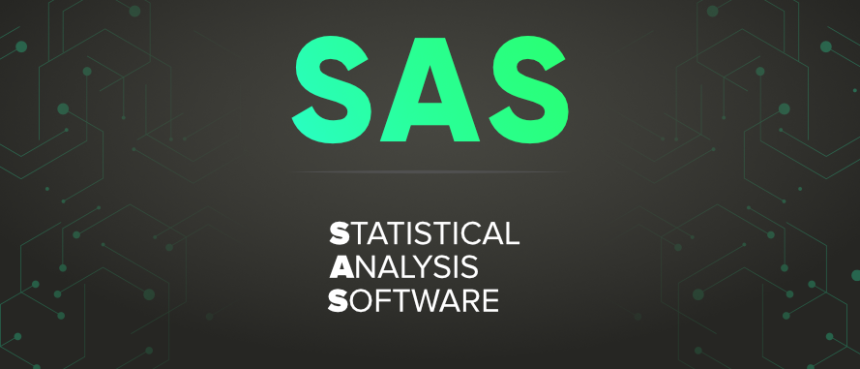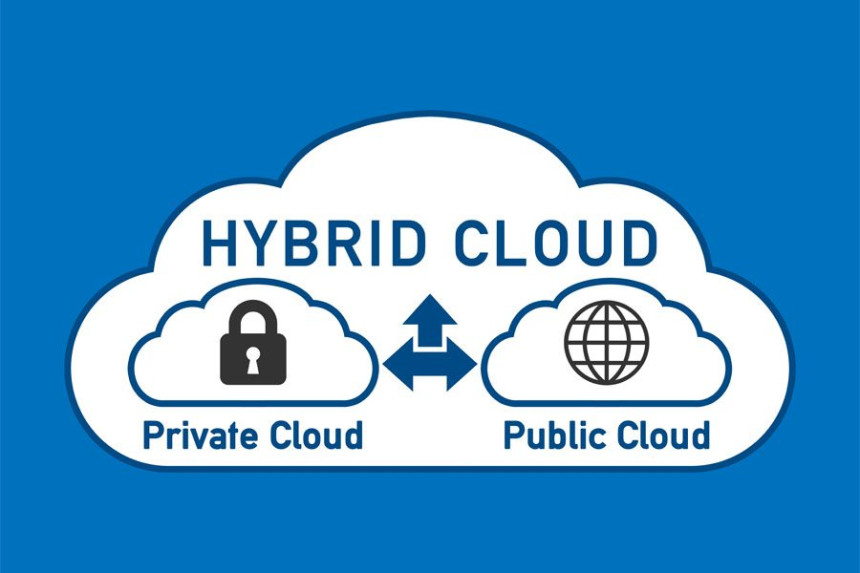
Hashtags
2 years ago
Hashtags
#what-is-this
What is Sas Software?
SAS, which stands for "Statistical Analysis System," is a comprehensive software suite used for advanced analytics, business intelligence, data management, and statistical analysis. It is widely used by businesses, researchers, and data analysts to extract meaningful insights from data, make informed decisions, and solve complex problems.
Here are some key features and uses of SAS software:

- Data Management: SAS provides tools for data integration, data quality assessment, data cleansing, and data transformation. It allows users to access and manage data from various sources, including databases, spreadsheets, and other file formats.
- Statistical Analysis: SAS offers a wide range of statistical techniques and procedures for analyzing data. This includes descriptive statistics, hypothesis testing, regression analysis, multivariate analysis, time series analysis, and more.
- Business Intelligence: SAS provides tools for creating dashboards, reports, and visualizations to help businesses monitor performance, track key metrics, and make data-driven decisions. This includes capabilities for data visualization, ad-hoc reporting, and interactive dashboards.
- Predictive Analytics and Machine Learning: SAS offers a robust set of tools for building and deploying predictive models and machine learning algorithms. This enables organizations to make forecasts, classify data, and automate decision-making processes.
- Text Analytics and Natural Language Processing (NLP): SAS includes capabilities for analyzing unstructured text data, extracting insights, and performing sentiment analysis. This is useful for tasks like customer feedback analysis, social media monitoring, and text mining.
- Big Data Integration: SAS has the ability to integrate and analyze large volumes of data, including data stored in Hadoop clusters and other big data platforms. This allows organizations to process and analyze massive datasets efficiently.
- Data Mining and Machine Learning: SAS provides a wide range of algorithms and techniques for data mining and machine learning tasks. This includes methods for clustering, association analysis, decision trees, neural networks, and more.
- Risk Management and Compliance: SAS is used extensively in industries like finance, healthcare, and government, where risk assessment, regulatory compliance, and fraud detection are critical. It helps in identifying and mitigating risks through advanced analytics.
- Customer Relationship Management (CRM): SAS can be used to analyze customer data for segmentation, profiling, and targeting. This enables businesses to tailor marketing efforts, improve customer satisfaction, and increase customer retention.
- Healthcare Analytics: SAS is widely used in the healthcare industry for tasks like clinical data analysis, epidemiology studies, health outcomes research, and healthcare quality improvement.
SAS software is known for its robustness, scalability, and flexibility. It is used by a wide range of industries including finance, healthcare, government, retail, and more. While it has a strong presence in the corporate world, it's also utilized in academic and research settings for data analysis and statistical modeling.





